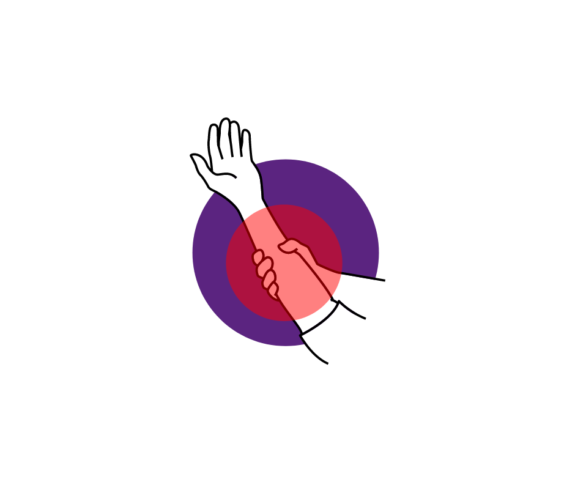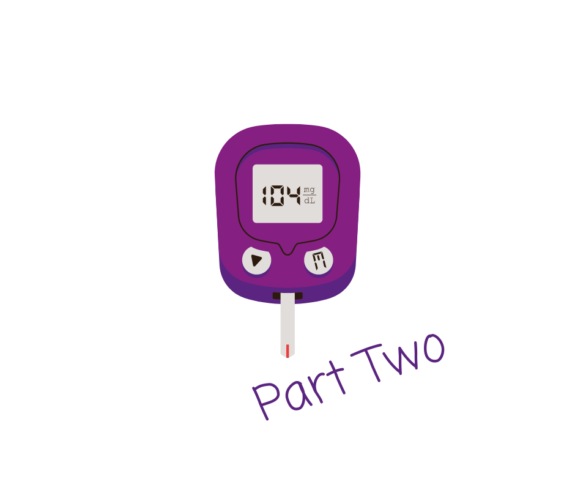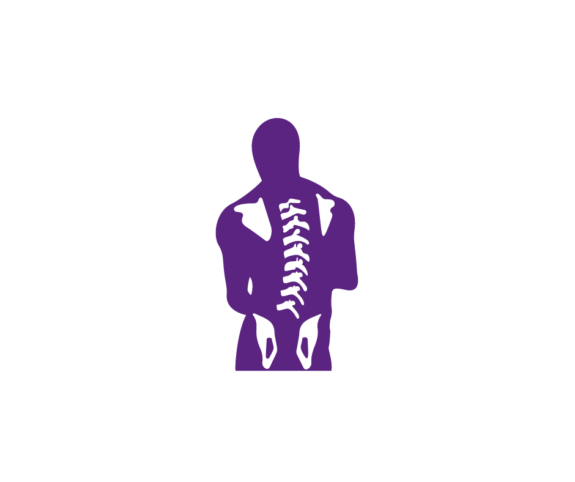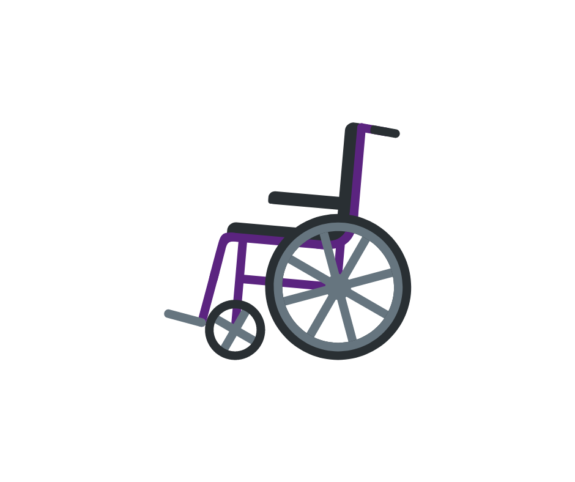As many of my clients suffer from M.E., we thought it was about time that we delved into the illness that has confused and challenged medical practitioners for decades. M.E. is said to affect approximately 250,000 people in the U.K. alone and over 17 million people worldwide however, these figures are thought to be gross underestimations as the illness is often misdiagnosed, underreported or simply ignored.
M.E. is short for Myalgic Encephalomyelitis which is quite long and hard to remember, let alone say, which is why most people simply call it M.E. Some countries also refer to it as CFS (Chronic Fatigue Syndrome) but here in the U.K. we tend to stick with M.E. Calling it Chronic Fatigue Syndrome can also be a bit of a misleading term as there is so much more to it than just excessive fatigue. It seems to affect more women than men at a ratio of 4:1, which is found to be quite similar to other immuno-inflammatory conditions like Rheumatoid Arthritis, Lupus and MS and the effects can be just as debilitating.
So what exactly is M.E.?
Unfortunately, there is no clear answer as to what kind of illness it is as medical professionals have failed to come to a consensus. Some class it as a neurological condition (hence the encephalomyelitis which refers to inflammation in the brain/nervous system), some consider it to be an autoimmune disorder and others simply put it in the category of psychological disorders, which basically means they think it’s all in the sufferer’s head and isn’t real. Which is a little bit rude because it’s very, very real and this mis-diagnosis is part of the reason the aforementioned statistics are so inaccurate.
What are the symptoms?
The symptoms of M.E. can vary from person to person but in order to get a diagnosis, certain criteria have to be met for a minimum of six months. They include:
– Fatigue unrelieved by sleep or rest
– Sleep disturbances (either too much, not at all or sleeping at different times)
– Post exertional malaise (PEM), a fancy term meaning exercise or exertion makes you unnaturally fatigued
– Problems with thinking and memory also known as brain fog.
Other symptoms can also include:
-
Joint and muscle pain without any swelling (imagine arthritis without a visible sign)
-
Language and cognitive problems (mixing words up or forgetting them entirely)
-
Orthostatic intolerance (light-headedness or dizziness when standing or sitting upright)
-
Tender and swollen lymph nodes
-
Sore throat
-
Chills and night sweats
-
New sensitivities to foods, smells, noise or light with differing degrees of severity
-
Shortness of breath
-
Muscle tremors/spasms
-
Flu like symptoms, often referred to as ‘general malaise’ by Doctors.
-
Depression and mental health issues stemming from a diagnosis
It’s important to note, that not all sufferers will experience every symptom and not all to the same degree. The first four are required for an official diagnosis but the others will depend on the person. There are also different degrees of severity; mild, moderate and severe.
Mild – People with mild M.E. are generally able to look after themselves and even work or attend school. They will usually need to take more rest days and social activities can be limited.
Moderate – Those with moderate M.E. will usually be restricted in mobility and activity levels and will be doing limited work or education, if at all. They do have ups and downs where some days can be better than others but generally need lots of rest.
Severe – Severe M.E. sufferers are often house bound or even bed bound. They are mostly unable to carry out daily tasks for themselves and if they do try to complete activities or leave the house there will be severe repercussions. It’s estimated that 25% of people with M.E. are in this category.
How do you get an official diagnosis?
Getting an official diagnosis can be extremely difficult as there is no particular test that can be done; it’s all done by exclusion. Doctors (good ones anyway) will take blood to look for evidence of Glandular Fever, Diabetes, Thyroid problems, Kidney and Liver issues and many, many other things and M.E. is only considered if and when these return a negative result.
There is an argument to be made that neurologists should get involved as there is evidence that the problems stem from the brain, but this rarely happens. Unfortunately, a lot of the time, patients are fobbed off with diagnoses of depression or anxiety and many go years before getting an official diagnosis of M.E.
If you believe you have M.E. and feel like your Doctor isn’t listening, ask for another one or ask to be referred to a specialist. GP’s are not usually trained to look out for these kinds of illnesses which is why they can be missed.
How do you get M.E.?
As with many things to do with M.E., no one really knows the answer to this question. Most research points towards there being a viral cause; sufferers report having illnesses like Glandular Fever, Epstein-Barr, Swine Flu, Covid 19 (more on that later) and simply never recovering from it. There are some studies suggesting that emotional stressors can be a trigger although the evidence is not definitive. The same can be said of potential non-viral triggers such as Lyme Disease and Tuberculosis. The evidence is unclear and more research needs to be done as this is currently limited.
How do you treat M.E.?
Unfortunately, there is no singular treatment for M.E. only treatments for the individual symptoms. So, pain medications, anti-inflammatories, anti-depressants along with other medications can all be prescribed.
Can you recover from it?
The jury’s out on this one. Some say yes, you can and others say, no you can’t, you just learn to live with it. There is a small percentage of patients who are reported to have made full recoveries but this is the exception rather than the rule. Most patients simply improve to a point and then learn to adapt into their new lifestyle, which isn’t always easy.
What’s the deal with M.E. and Covid?
As we all remember, Covid19 made a spectacular debut on the world stage in 2020, pretty much changing the world as we know it. It was a new virus with so many unknowns to it, in particular the potential long-term effects. After it was found that a significant number of patients were experiencing after-effects for months after the initial infection, the term ‘long-covid’ was born.
Subsequently, M.E. charities and researchers started noticing similarities between the two illnesses and with more and more research being done into long-covid, they are hopeful that this will in turn, trickle down into M.E. research and see the illness being taken more seriously. Current research into M.E. and its origins is severely lacking and while it’s unfortunate that it has taken a worldwide pandemic to shine a light onto the condition, perhaps the two can learn from each other.
How can I support someone with M.E.?
Supporting someone with M.E. often comes down to simply listening to what they’re saying. Many sufferers find it difficult to ask for help so little things like offering to help with food shopping or errands is usually appreciated. Depending on the severity, the person with M.E. may not be able to go out and enjoy the social life they did before so suggesting a movie night or something similar can go a long way to making them feel included and a little less lonely. It’s often the smallest gestures that can have the biggest impact.
If you’d like to know more about M.E. then check out https://www.actionforme.org.uk/, https://www.meaction.net/ and https://www.meresearch.org.uk/ are great places to start!
References:
https://www.nice.org.uk/guidance/cg53
https://www.nhs.uk/conditions/chronic-fatigue-syndrome-cfs/
https://bmcmedicine.biomedcentral.com/articles/10.1186/1741-7015-9-91
https://meassociation.org.uk/wp-content/uploads/2020Health-Counting-the-Cost-Sept-2017.pdf
https://www.meresearch.org.uk/sex-differences-in-mecfs/
https://www.bma.org.uk/news-and-opinion/long-covid-we-ve-been-here-before
https://www.frontiersin.org/articles/10.3389/fmed.2020.606824/full
https://www.meaction.net/long-covid-me-understanding-the-connection/
https://www.meaction.net/long-covid-me-understanding-the-connection/
https://meassociation.org.uk/wp-content/uploads/ME-Factsheet-What-you-need-to-know.pdf












